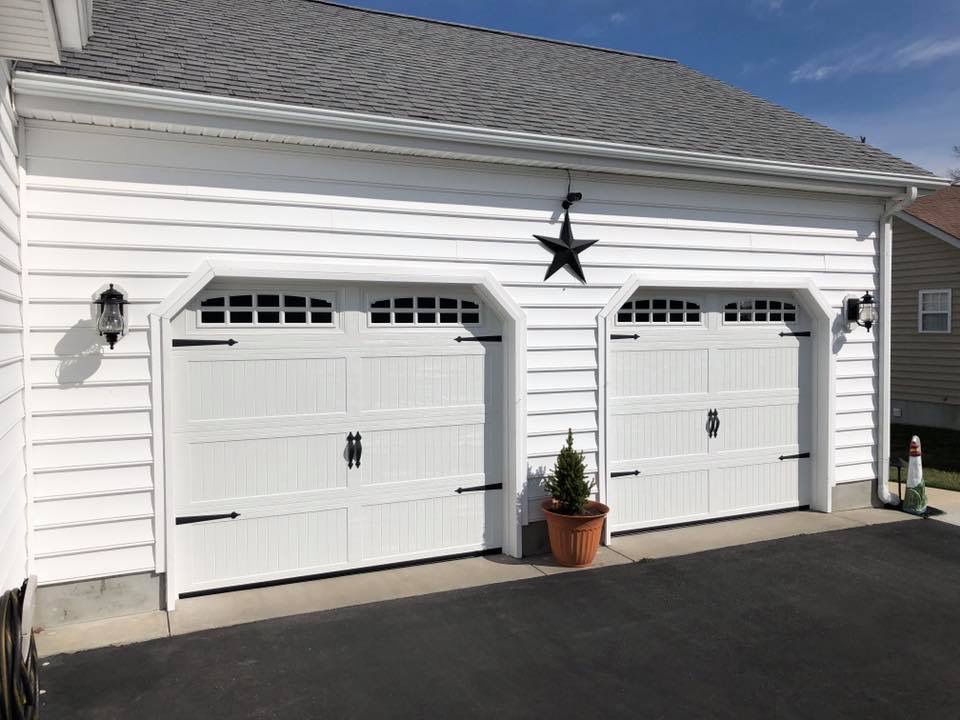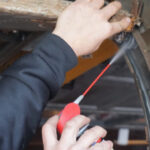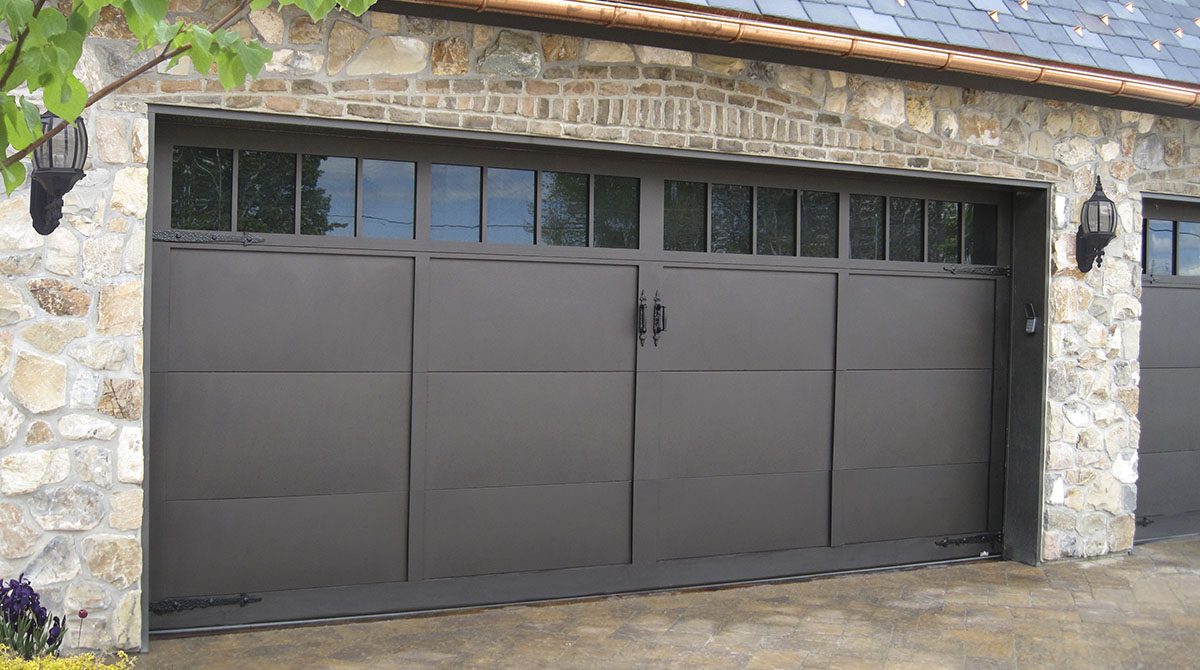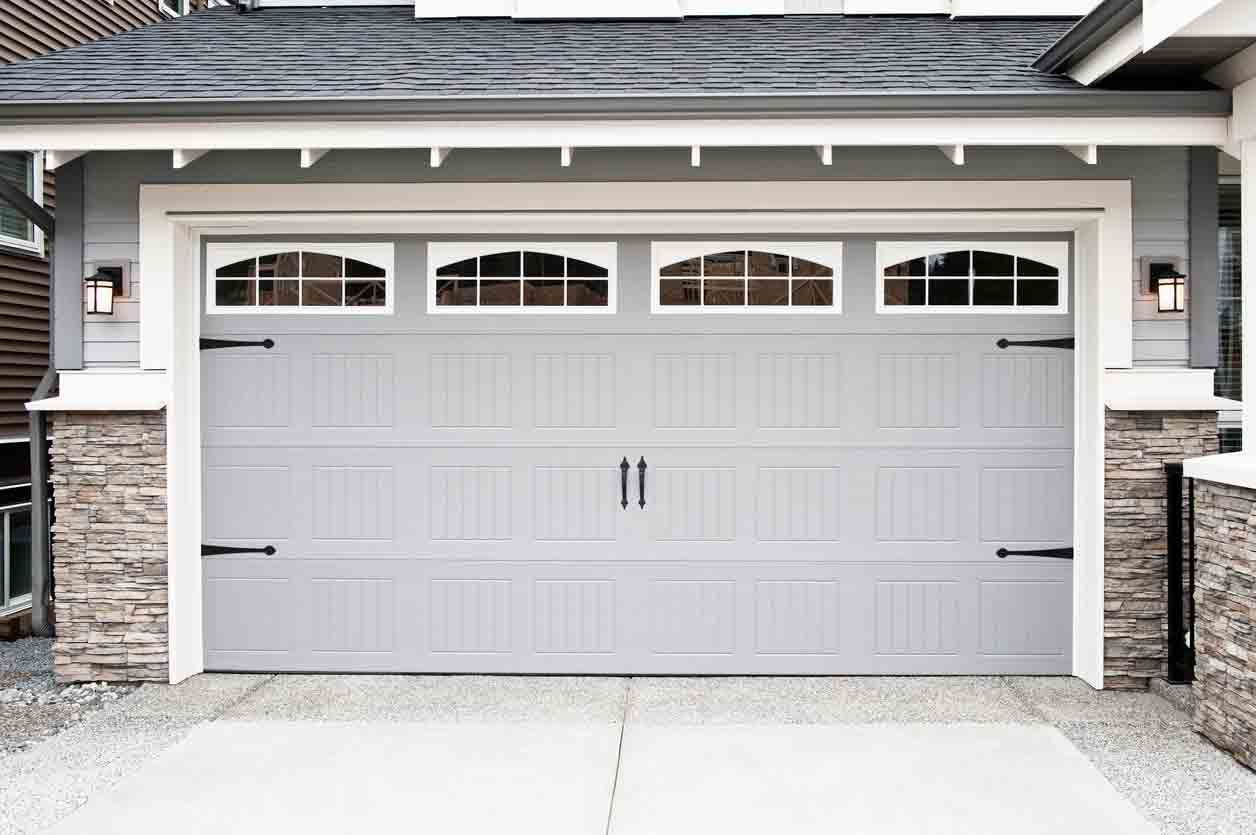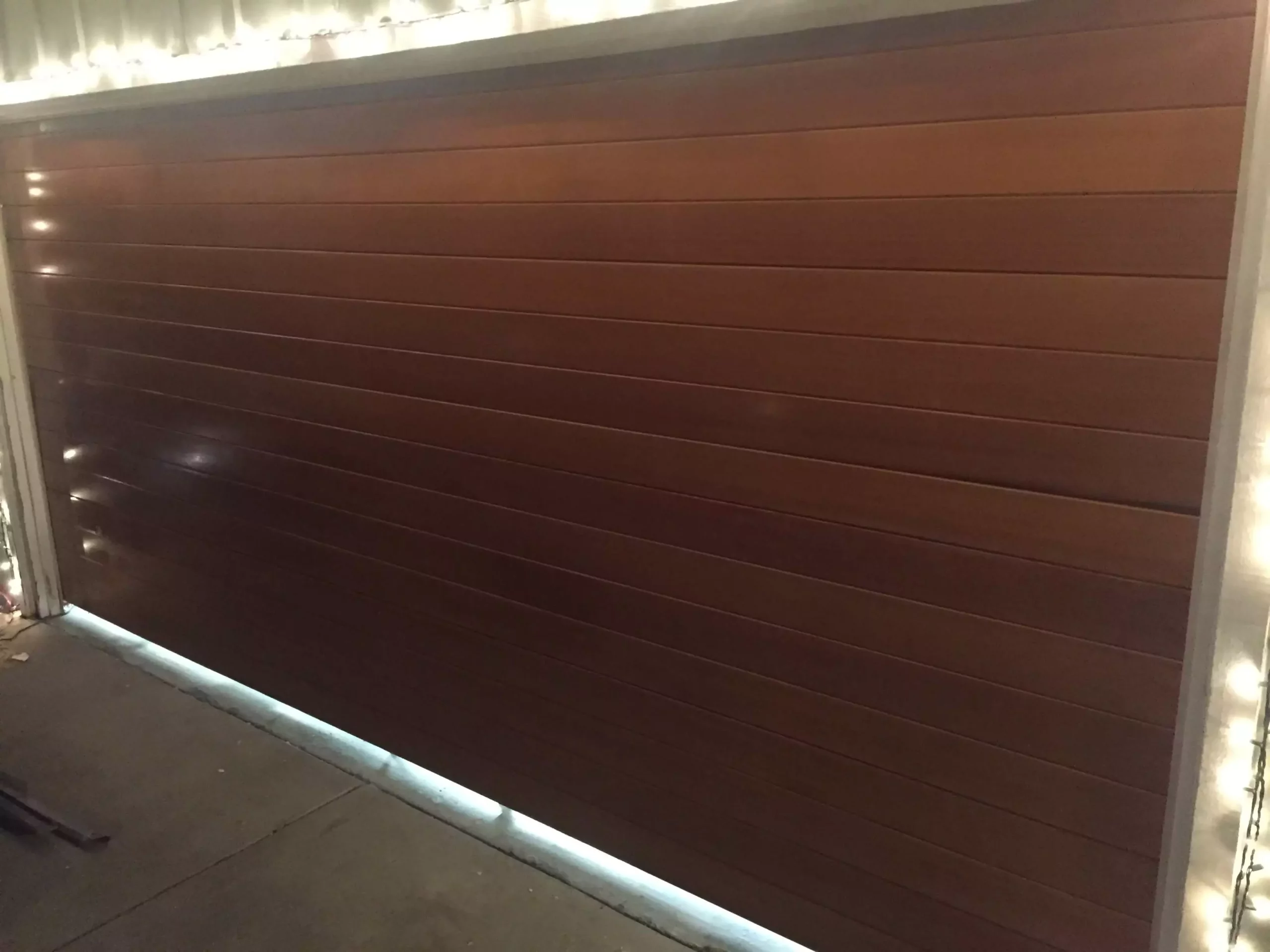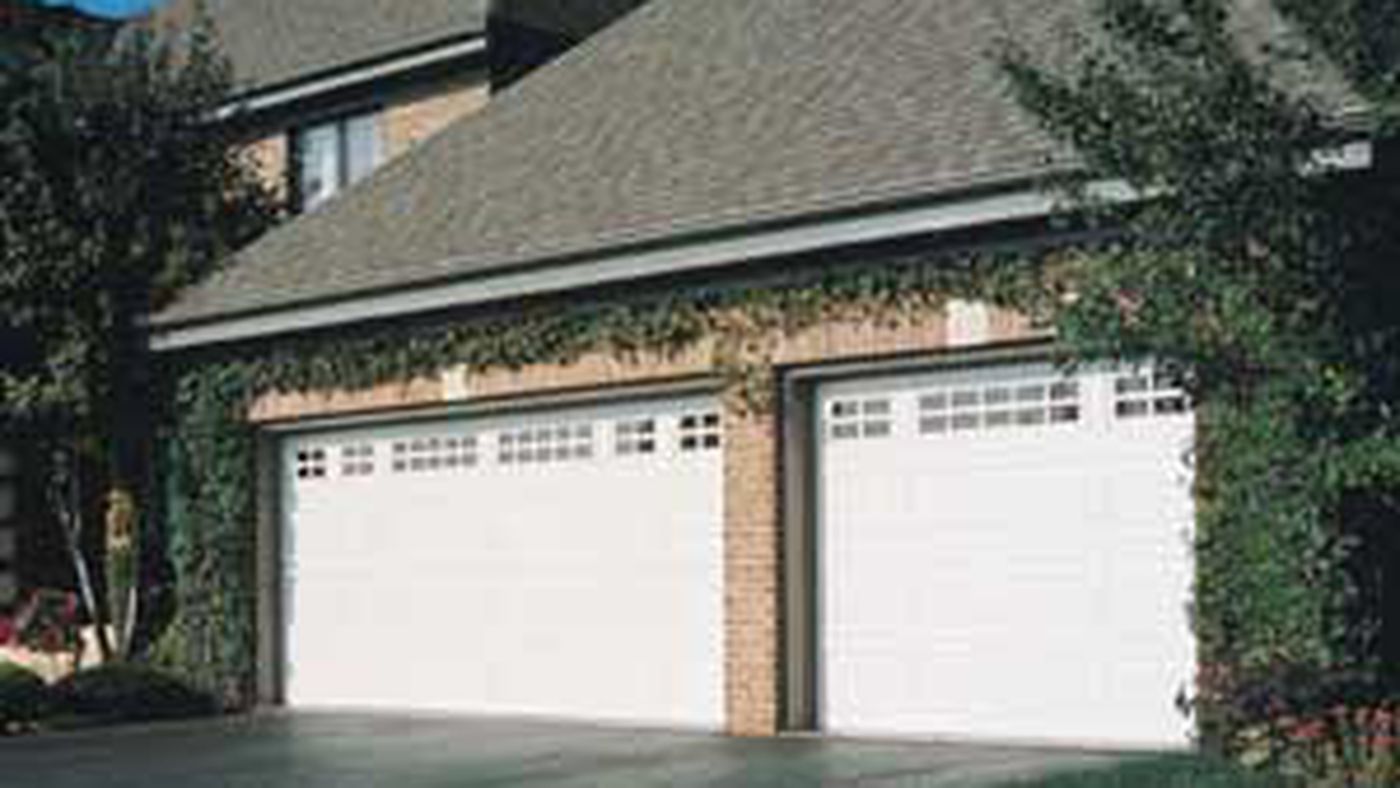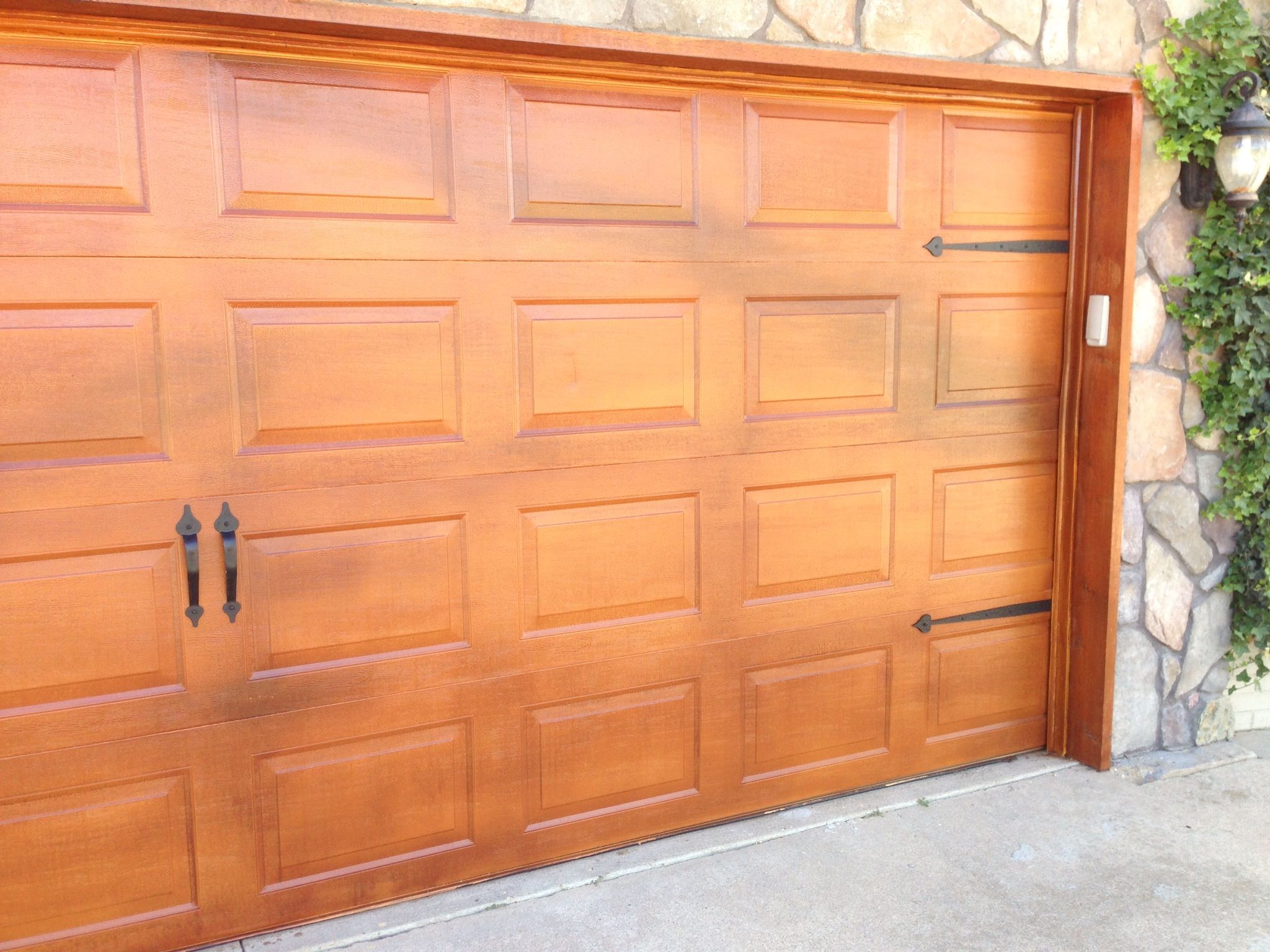Upgrade Your Space with Durable Garage Flooring Tiles
When you think about improving your garage, garage flooring tiles might not be the first thing that comes to mind. However, upgrading your garage flooring is one of the most effective ways to enhance the functionality, appearance, and value of your home. Whether you use your garage as a workshop, a gym, a storage area, or simply a place to park your car, the right flooring solution can transform this often-overlooked space into a clean, organized, and attractive part of your home.
In this article, we’ll dive deep into why garage flooring tiles are an excellent choice, the types available, and how you can choose the best ones for your needs.

Content
Why Choose Garage Flooring Tiles?
Traditional concrete garage floors are prone to cracking, staining, and absorbing oil and chemicals. Over time, this leads to an unsightly and even unsafe surface. Garage flooring tiles offer a solution to these problems with a range of benefits:
- Durability: Designed to withstand heavy loads, impact, and chemical spills.
- Easy Installation: Most garage tiles feature interlocking systems that make installation a DIY-friendly project.
- Customization: Available in various colors, patterns, and finishes, allowing you to personalize your space.
- Low Maintenance: Easy to clean with just soap and water.
- Safety: Many tiles are slip-resistant, making your garage safer for walking and working.
Switching to garage flooring tiles not only protects your concrete but also enhances the overall aesthetic and functionality of the garage.
Types of Garage Flooring Tiles
When it comes to choosing the best tiles for your garage, it’s important to understand the different types available:
1. Rigid Plastic Tiles
Made from high-impact polypropylene, rigid plastic tiles are extremely durable and resistant to chemicals and stains. They are ideal for heavy-duty garages that house vehicles, machinery, or workshops.
Key Features:
- High load-bearing capacity
- Available in various surface textures (like diamond plate or coin top)
- Resistant to oils, gasoline, and most household chemicals
2. Flexible PVC Tiles
PVC tiles are softer than rigid plastic tiles and offer a more cushioned feel underfoot. They are excellent for garages that double as home gyms or recreational areas.
Key Features:
- Excellent chemical resistance
- Noise-dampening qualities
- Slip-resistant surface
3. Rubber Garage Tiles
Rubber tiles are perfect for creating a safe, comfortable workspace. They are less common for traditional car garages but excellent for areas where standing for long periods is necessary.
Key Features:
- Great for shock absorption
- Excellent traction
- Eco-friendly options made from recycled rubber
4. Porcelain Tiles
While not as common as plastic or rubber, porcelain tiles offer a sleek, high-end look. They are highly durable and resistant to stains and moisture.
Key Features:
- Elegant appearance
- Easy to clean
- High resistance to temperature changes
How to Choose the Right Garage Flooring Tiles
Selecting the best garage flooring involves considering several factors:
– Purpose of the Garage
First, think about how you intend to use your garage. Will it mainly store vehicles, serve as a workshop, or be a multi-use space? Heavy-duty use will require rigid plastic tiles, while a home gym might benefit more from cushioned rubber tiles.
– Climate Conditions
If you live in an area with extreme temperatures or high moisture levels, choose tiles that can handle thermal expansion and contraction and are water-resistant.
– Installation Requirements
Interlocking tiles are usually the easiest for DIY installation. Some types may require adhesives, so it’s important to consider your skill level and willingness to invest time and effort.
– Aesthetics
Today’s garage flooring tiles come in a wide variety of colors and patterns. Choose something that complements your home’s design or makes your garage stand out as a custom space.
– Budget
Tiles come in a broad range of prices. While higher-end options offer greater durability and features, many affordable choices provide excellent performance for typical home garages.
How to Install Garage Flooring Tiles
Installing garage tiles can be straightforward. Here’s a simple step-by-step guide:
- Prepare the Surface: Sweep and clean your garage floor thoroughly. Repair any major cracks.
- Plan Your Layout: Start from the center or a corner of the garage. Dry-lay tiles first to check fit and pattern alignment.
- Snap Tiles Together: Most garage tiles feature a snap-together system that doesn’t require glue or special tools.
- Cut Tiles as Needed: Use a utility knife or circular saw to trim edges for a perfect fit along walls and corners.
- Enjoy Your New Floor: Once all tiles are installed, your new garage floor is ready for immediate use!
Maintenance Tips for Garage Flooring Tiles
One of the great advantages of garage flooring tiles is how easy they are to maintain. Here’s how to keep them looking new:
- Sweep regularly to remove dust and debris.
- Mop occasionally with mild soap and water.
- Immediately wipe up spills to avoid staining.
- Inspect for any loose tiles and reattach if necessary.
Following these simple steps will ensure your garage flooring remains in top condition for years to come.
Final Thoughts: Transform Your Garage Today
Upgrading to garage flooring tiles is a simple yet impactful way to revamp your garage space. Whether you prioritize durability, style, or safety, there’s a tile option that fits your needs perfectly. Beyond just aesthetics, investing in quality garage flooring protects your concrete, adds value to your home, and creates a space that’s functional and inviting.
Don’t let your garage be just a storage room—make it a showcase of your home’s potential. Explore the wide range of garage flooring tiles available and give your space the upgrade it deserves!

Meet Jack, our garage guru. With a wrench in one hand and a can-do attitude in the other, he’s your go-to expert for all things repair and replacement.


